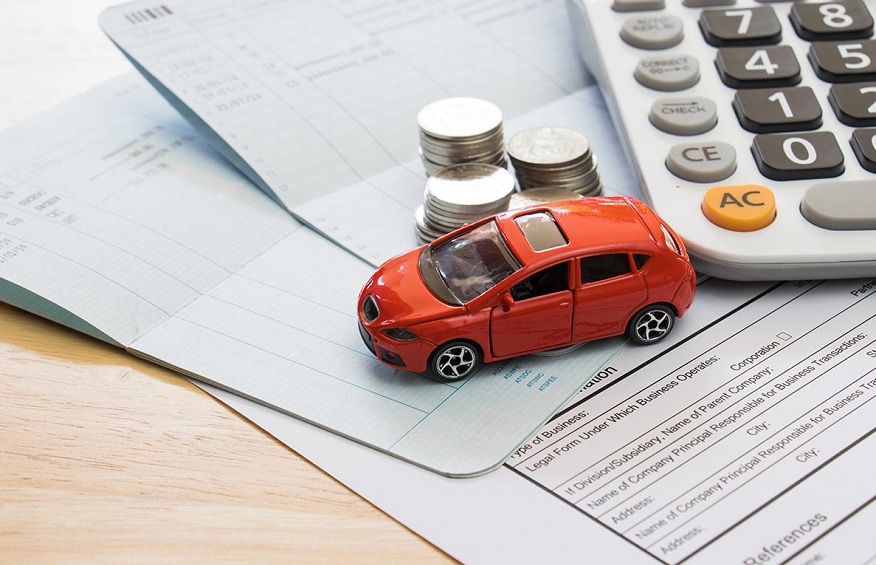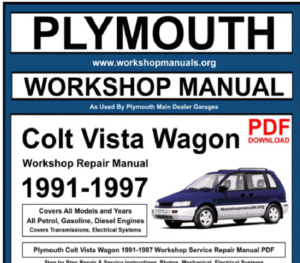Which car finance agreement is best for bad credit applicants?

If you have a low credit score, you may already know that it can be hard to get approved for finance. However, not all hope is lost. In any credit situation, it’s always better to try increase your credit score first before applying for a loan or finance. But if you need a car in a hurry, some drivers may not have this luxury of time. If you’re often getting refused for finance on a car with bad credit, it may be because you’re also applying with the wrong lender or choosing the wrong finance agreement.
Why does bad credit affect car finance approvals?
Whena car finance lender gives money out, they need to know if they are going to get the money back on time and in full. Car finance splits the value of your car into monthly payments till the end of an agreedterm, usually between 3-5 years. People with bad credit have usually missed payments in the past, made late repayments, have a CCJ or default on their file or have high amounts of debt. Lending to people with bad credit scores increases the risk and based on your previous financial behaviour, lenders assess the likelihood of getting the loan back on time. For this reason, lenders usually offer easier acceptances and the lowest interest rates to people with good or excellent credit as they are less likely to default.
Can you get car finance with a low credit score?
If you currently have a low credit score it can be a good idea to increase your score before applying for finance. However, it can be possible to get approved for bad credit car finance if you choose the right agreement. Lenders can offer bad credit applicants a finance deal as long as their meet their lending criteria and are able to prove they can afford the repayments. Usually bad credit friendly agreements do set higher interest rates to secure the deal so it may not be the most cost-effective option, but it means you can get a car until you increase your credit score and refinance your current loan for a better rate.
Which car finance agreements are bad credit friendly?
Hire purchase.
Hire purchase is a really popular finance agreement for bad credit customers. This is because it’s a type of secured loan which means the value of the loan is secured against the car. If you fail to stick to the rules of your agreement, which if you have bad credit may be likely, the lender has the right to take the car off you as they own the car throughout the agreement. This option shouldn’t be taken lightly though as it can lead to more serious financial implications and the lender can take you to court so you should always ensure you can afford to meet each and every payment. Within a hire purchase deal the value of the car is split into fixed monthly payments till the end of the term and once the agreement has ended, and all payment have been made, the car is yours to keep.
Personal Contract Purchase
Personal Contract Purchase (PCP) is one of the most loved forms of finance due to its flexibility. It differs from hire purchase as you don’t spread the full value of the car and instead can make lower monthly payments and defer much of the loan until a final balloon payment. Just like hire purchase it is a form of secured loan though and the lender can offer PCP bad credit applicants a deal under the assumption that the deal will be paid back on time and in full. It can be harder to get PCP with bad credit over hire purchase, but it still can be possible. If you’re on a tight budget and don’t want to own the car at the end of the deal, you may be suited to PCP better though. It can be worth comparing finance deals on different cars to see which will be best for your situation.
Hints and tips for battling bad credit.
Not only can bad credit affect the lenders that would accept you, but it also increases the interest rate you could be offered. A higher interest rate makes finance more expensive than it needs to be so its highly recommended to improve your score before applying.
1. Clear any debt you have first.Your credit score considers how much of your available credit limits you are using and your open accounts. Having lots of debt already and maxing out credit cards or store cards can negatively harm your score. It also makes it harder to take on anymore credit whilst you are paying off this debt. You should try to clear as much of your current debt as you can before taking on anymore.
2. Check your credit report is accurate. Its really important that the information listed on your credit report is accurate and up to date and if not, it can harm your score. When you apply for finance, lenders will usually run a credit check on you and compare the info on your application with your credit report. If it doesn’t match up, lenders may refuse you if they think it could be a fraudulent application under your name. You can contact the company who provided your report to fix any mistakes for you.
3. Stick to your current payment schedule.If you currently have any payments on finance or credit, it can be a good idea to create new financial habits if you’ve missed payments in the past. Having a string history of being able to handle credit correctly can increase your scire and makes it easier to get finance in the future.





